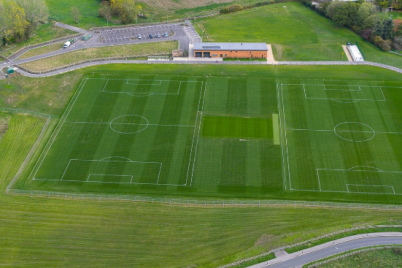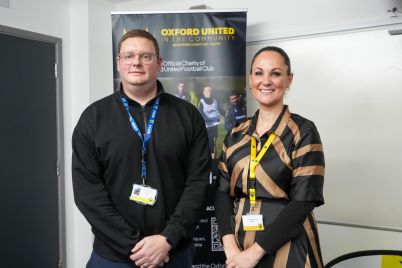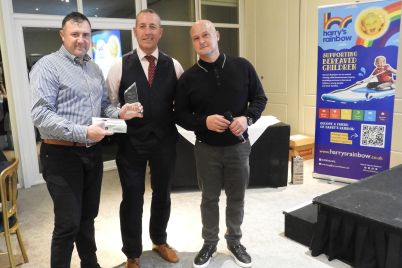Former cyclist and heart transplant survivor urges Myocarditis Awareness after the unrecognized condition nearly cost him his life.
Matt Ulmer was an avid competitive cyclist before getting diagnosed with his heart condition. He was consistently training hard and performing at an intense level of physical fitness, but when Matt was 28-years-old, he experienced an ‘out of the blue’ cardiac arrest – something totally unpredictable in an incredibly fit and healthy man.
He explained: “I had a typically ‘bloke’ mentality of ignoring any symptoms and assuming I was fine,
“I had noticed a few dizzy spells and training was feeling a lot harder than usual, but I saw that as a reason to push myself further; to train more.”
When his fatigue increased steadily, Matt did go to the GP to understand what was happening, but was informed there that he was in good health and possibly just overtraining.
“Looking back something definitely felt ‘wrong’ but I didn’t know what I was looking for. I had moments when I was finding training increasingly hard but I didn’t know why,”
After this visit, his cardiac arrest took place when Matt was on a bike ride out with friends. He doesn’t remember the event himself, but luckily his friends acted quick, getting help from a nearby cricket team, where two players performed CPR on him until the air ambulance arrived to transport him to John Radcliffe Hospital in Oxford.
It was then found to be due to a spell of undiagnosed viral myocarditis leaving scarring on his heart, something which research has found that 61% of people don’t know or are incorrect about.
Matt comments: “When I came round, not knowing what had happened, the doctors explained it was probably caused by viral myocarditis, given what they had seen during tests. The amount of scarring on my heart meant it had probably been a long build up, but my fitness level masked the symptoms to some extent because the only symptoms I had experienced were dizziness and fatigue.”
Matt has been able to return to a comparatively normal life for several years, with the assistance of an Implantable Cardioverter Defibrillator (ICD). This device monitors the heart rhythm of an individual, through being implanted under the skin, and can deliver electric shocks to correct life-threatening arrhythmias.
“I was going for regular check-ups and whereas a healthy heart usually has a pumping strength of 55-70%, mine was sometimes as high as 32% which is incredible for somebody who has had a cardiac arrest,” Matt explains, “But earlier this year I was told it had dropped to 16%. And, as time went on, it became clear that I was going to need a heart transplant.”
To ensure that he was never alone for his own safety, Matt’s life completely changed where he had to stop work and move back in with his family leading up to his transplant, but this instinctual action was life-saving in the end, when he experienced a second cardiac arrest at 3am.
A few months after this, Matt had a successful operation.
“My care has been amazing and I can’t fault the support and advice of the Doctors,” Matt says, “But if I had known about myocarditis earlier I would have been in a better position to advocate for ECGs and heart scans when I first went to see my GP nearly a decade earlier.”
If Matt had understood the symptoms sooner and had an awareness of this condition, he may have been able to act before it was too late – and for this reason he is advocating to build awareness as part of a national awareness campaign led by Myocarditis UK.
He is now growing the conversation about the condition – building its awareness to save more lives.
“Awareness and education is key – heart screening for young athletes or more information about the symptoms GPs need to be looking out for could make a huge difference. The work of charities like Myocarditis UK is rightly focused on educating not just those at risk, but also the medical professionals they’ll turn to for advice.”
This condition can affect anyone – even the fittest and healthiest individuals like Matt – so early recognition is a life-saver.















